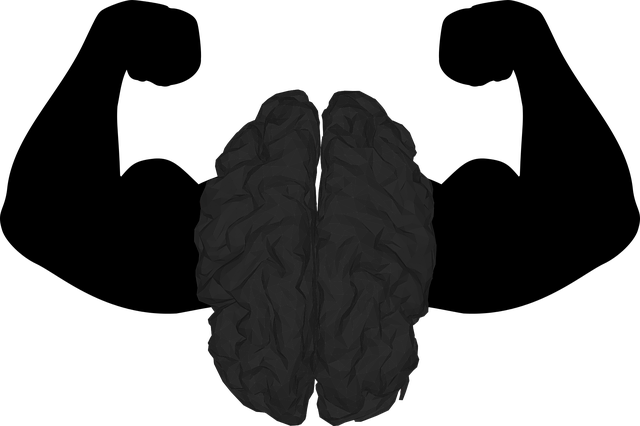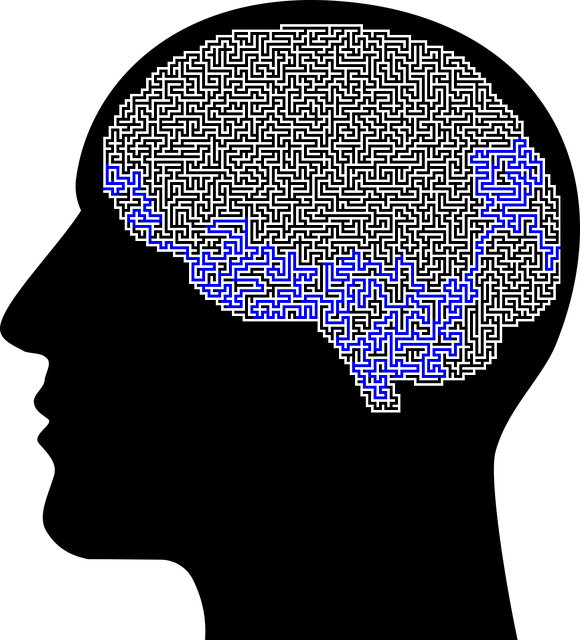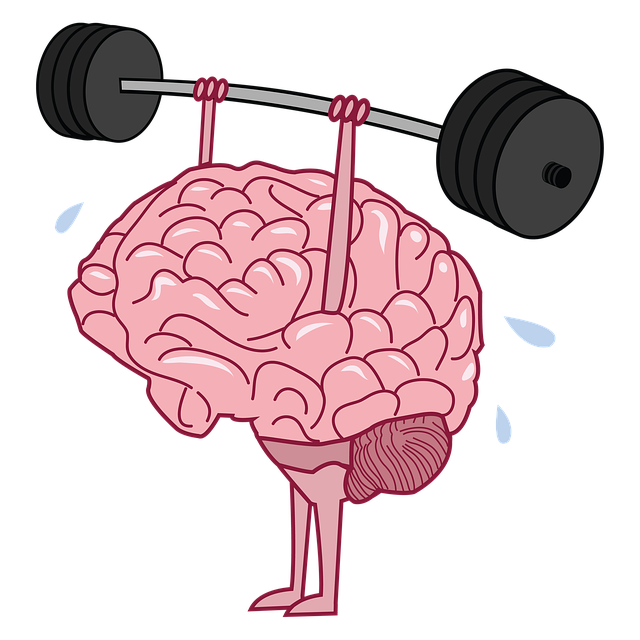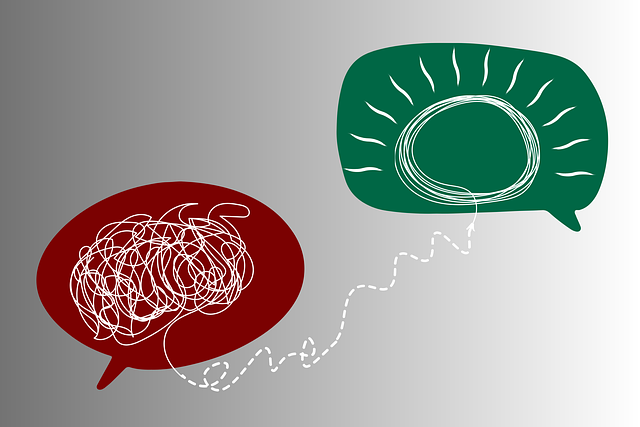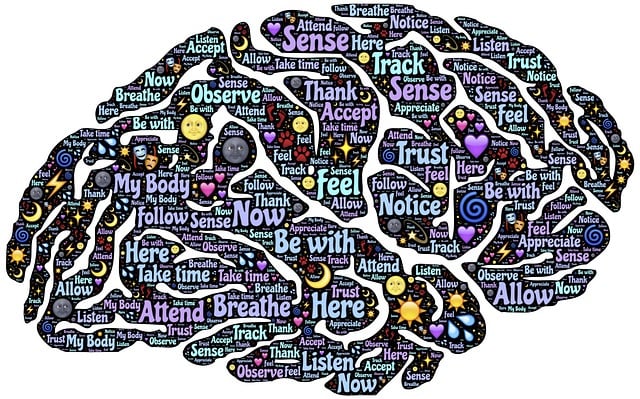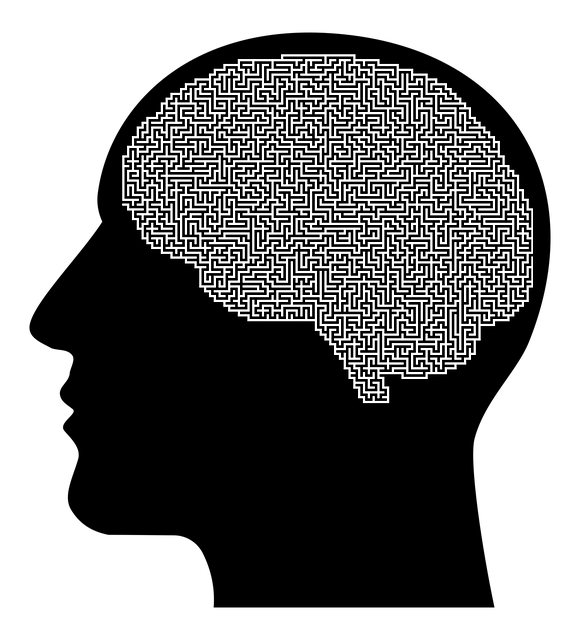The media's portrayal of mental health significantly influences societal attitudes, either positively by fostering understanding or negatively by perpetuating harmful stereotypes. Organizations like Westminster Crisis Counseling Therapy (WCCT) are leading the charge in combating these stereotypes through accurate representations in films, TV, and news. WCCT offers support, resources, and workshops to promote holistic mental health care and inner strength development. By challenging media narratives, educating communities, and encouraging open dialogues about mental illness, WCCT aims to reduce stigma and improve self-esteem. They collaborate with media outlets to ensure nuanced, realistic portrayals of mental health issues while promoting diverse and inclusive storytelling.
In today’s media landscape, the representation of mental illness holds significant power over public perception. This article explores how inaccurate portrayals can perpetuate stigma while offering solutions like Westminster Crisis Counseling Therapy. We delve into real-world strategies to challenge stereotypes prevalent in popular culture and advocate for diverse, empathetic media content creation. By understanding the impact of media on mental health perceptions, we can foster a more inclusive society that supports those facing these challenges.
- Understanding the Impact of Media Portrayal on Mental Health Perception
- Westminster Crisis Counseling Therapy: A Closer Look at Real-World Solutions
- Identifying Stereotypes and Misconceptions in Popular Culture Depictions
- Strategies for Promoting Accurate and Empathetic Mental Illness Representation
- The Role of Diversity, Inclusion, and Professional Advice in Media Content Creation
Understanding the Impact of Media Portrayal on Mental Health Perception

The media plays a powerful role in shaping societal perceptions about mental health, often influencing how individuals understand and respond to various psychological conditions. The way mental illness is represented in films, television shows, and news articles can either promote awareness and understanding or perpetuate harmful stereotypes. Positive portrayals in media can encourage people to seek help, reduce stigma, and foster empathy. On the other hand, negative or inaccurate representations may lead to further marginalization of those living with mental health challenges. This is particularly concerning as media content is easily accessible and can significantly impact public opinion.
For instance, accurate depictions of individuals overcoming obstacles related to depression, anxiety, or PTSD through therapy, support groups, and personal growth initiatives can inspire hope and motivate viewers to prioritize their mental well-being. Organizations like Westminster Crisis Counseling Therapy contribute to this positive shift by offering resources and services that align with the latest Mental Health Policy Analysis and Advocacy. They also focus on Inner Strength Development and Stress Management Workshops Organization as essential tools in challenging stigma and promoting holistic mental health care.
Westminster Crisis Counseling Therapy: A Closer Look at Real-World Solutions

Westminster Crisis Counseling Therapy (WCCT) is a leading example of real-world solutions addressing mental illness representation in media and society. This innovative approach recognizes that immediate support and accessible resources are crucial for those facing crises or struggling with their mental health. By providing crisis counseling services, WCCT offers a safe space where individuals can receive expert guidance and support tailored to their unique needs.
The program’s effectiveness lies in its comprehensive strategy that combines professional therapy with self-care practices and self-awareness exercises. These tools empower individuals not only to manage stress but also to develop healthy coping mechanisms, fostering resilience and promoting overall well-being. Through WCCT, communities are equipped with the knowledge and resources to navigate mental health challenges more effectively, ultimately challenging stigmatized narratives in media and encouraging open dialogues about mental illness.
Identifying Stereotypes and Misconceptions in Popular Culture Depictions

In popular culture, mental illness is often depicted through stereotypes and misconceptions that can be harmful. Media platforms, from television shows to movies, frequently rely on cliched representations, such as portraying individuals with mental health struggles as violent, unpredictable, or completely broken. These caricatures not only distort reality but also perpetuate the stigma surrounding mental health issues. For instance, a character suffering from depression might be shown as constantly tearful and helpless, failing to capture the multifaceted nature of depressive disorders. Such simplifications can hinder understanding and prevent viewers from recognizing the nuances of different mental health conditions.
Westminster Crisis Counseling Therapy and similar organizations play a pivotal role in challenging these stereotypes by promoting Mental Health Awareness and advocating for accurate representation. They emphasize that mental illness is diverse, affecting people differently based on their unique experiences and backgrounds. By encouraging conversations about Self-Esteem Improvement and the benefits of Mindfulness Meditation, these initiatives contribute to a more nuanced perception. Through education and open dialogue, they aim to dispel myths and foster empathy, creating a society that supports individuals navigating mental health challenges.
Strategies for Promoting Accurate and Empathetic Mental Illness Representation

To promote accurate and empathetic mental illness representation in media, several strategies can be employed. Firstly, Westminster Crisis Counseling Therapy professionals can collaborate with media outlets to provide guidance on creating nuanced and realistic portrayals. This involves educating writers, directors, and producers about the various aspects of mental health, including symptoms, treatment options, and recovery journeys. By offering expertise, therapists can ensure stories are told with sensitivity and avoid harmful stereotypes.
Additionally, encouraging mental wellness journaling exercises and confidence-boosting activities within affected communities can empower individuals to share their personal experiences authentically. Incorporating mind over matter principles in storytelling allows for a deeper understanding of the inner struggles and strengths of those living with mental health challenges. Such collaborative efforts contribute to a more inclusive and supportive media landscape, fostering empathy among viewers and readers.
The Role of Diversity, Inclusion, and Professional Advice in Media Content Creation

In creating media content that accurately and sensitively portrays mental illness, diversity and inclusion are paramount. By incorporating a wide range of perspectives and experiences—ensuring representation of different ethnicities, genders, ages, and socioeconomic backgrounds—media can challenge stereotypes and foster empathy among audiences. This approach aligns with the crucial role of self-care routine development for better mental health, as it promotes understanding and reduces stigma.
Seeking professional advice from experts like those at Westminster Crisis Counseling Therapy is another essential step. Mental health professionals can offer insights into authentic portrayal, ensure emotional healing processes are depicted accurately, and provide guidance on responsible storytelling. This collaboration helps media creators develop self-awareness exercises that not only enrich their content but also contribute to broader conversations about mental well-being.
In addressing the critical issue of mental illness representation in media, we’ve explored diverse perspectives from understanding public perception to real-world solutions like Westminster Crisis Counseling Therapy. By identifying and challenging stereotypes in popular culture, implementing strategies for accurate depiction, and emphasizing diversity and professional advice in content creation, we can foster a more empathetic and informed society. These efforts are essential steps towards normalizing mental health conversations and ensuring media serves as a powerful tool to promote positive change.



